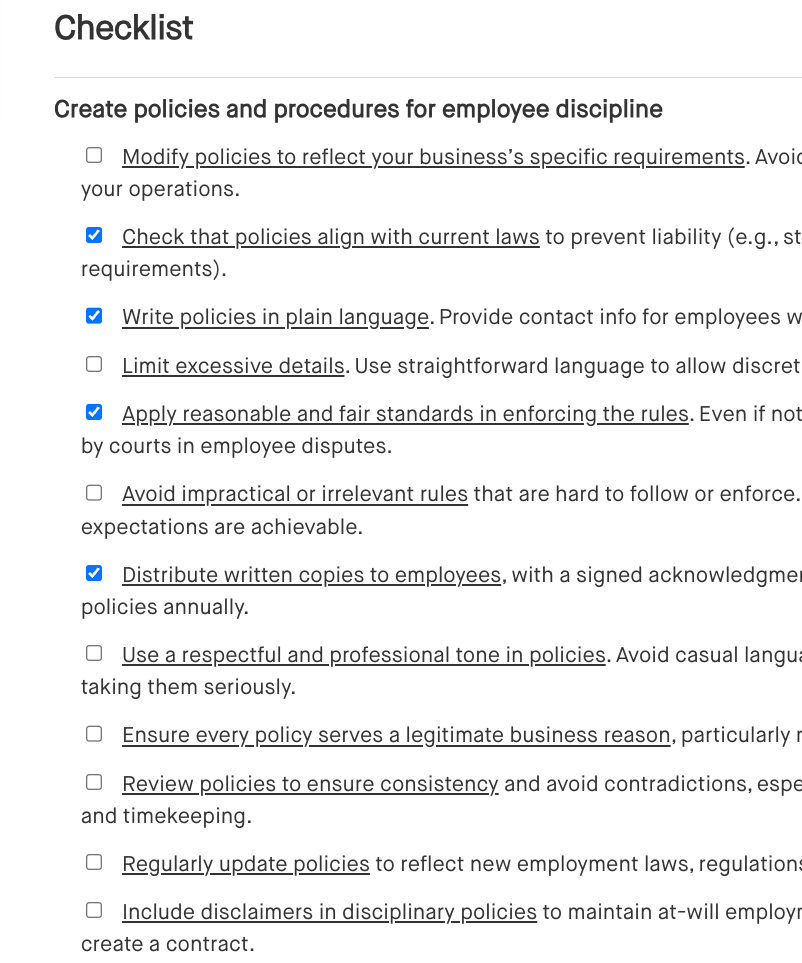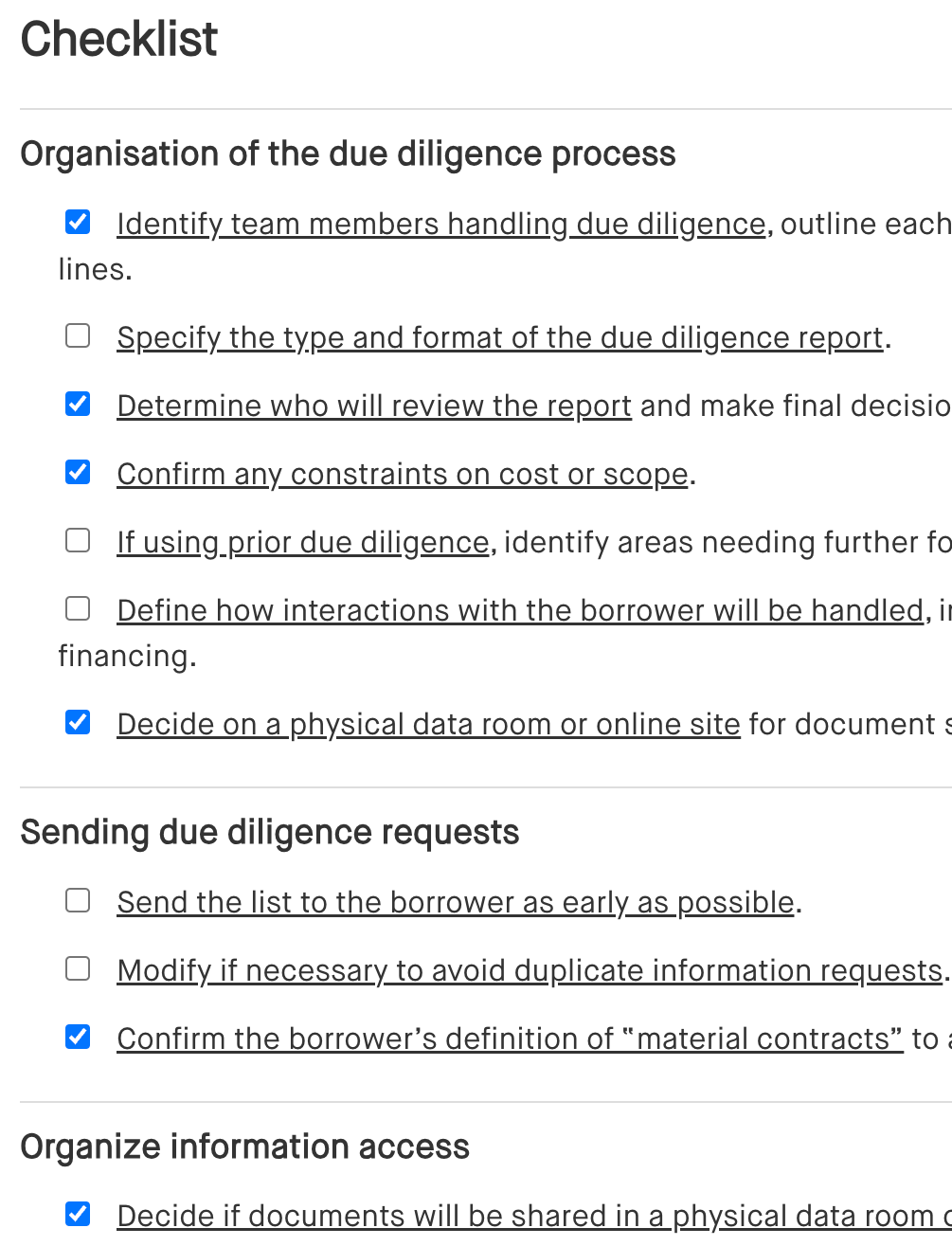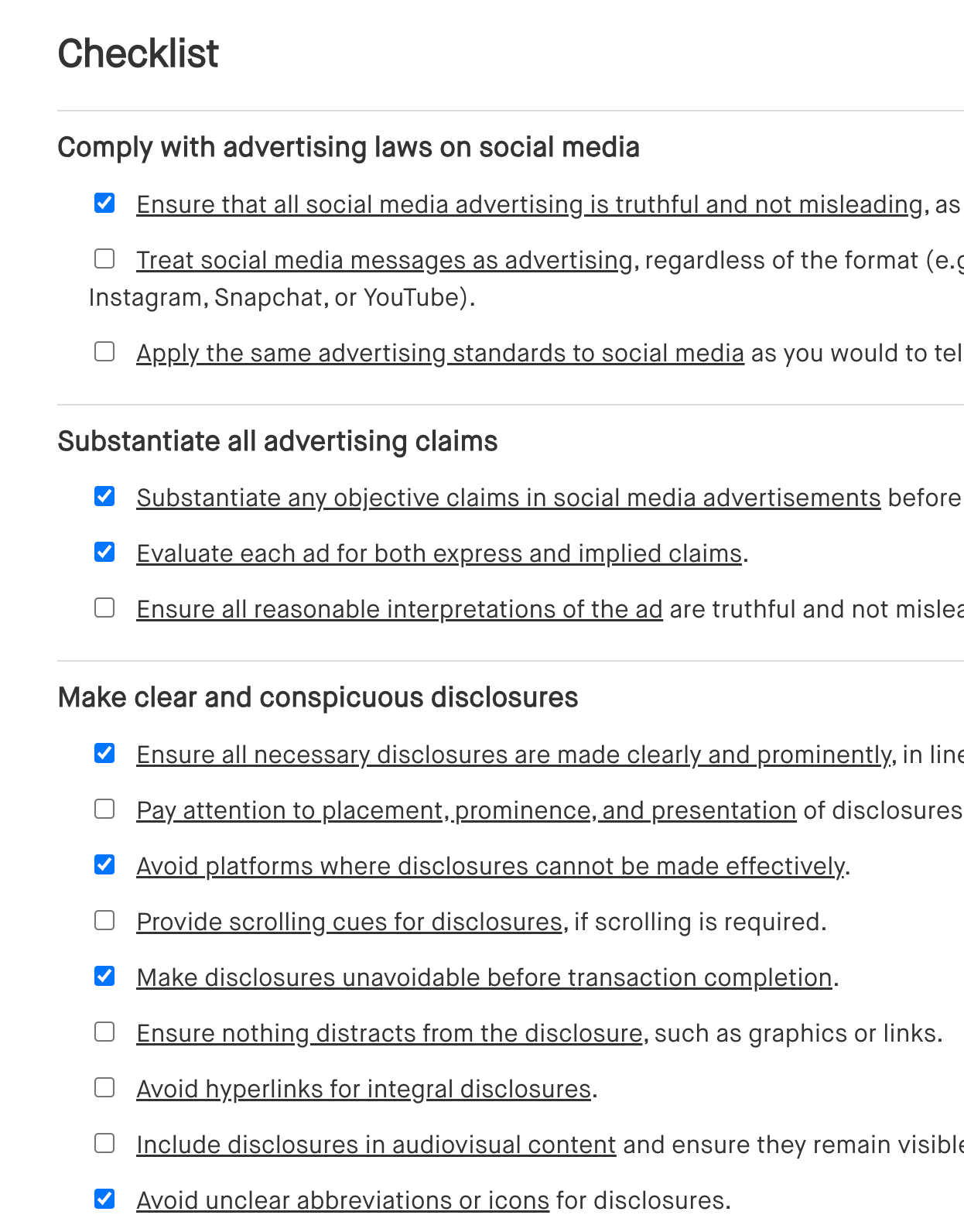Selecting a new vendor: Free checklist
Selecting a new vendor checklist
This checklist covers the main steps your organization should take when choosing a new vendor. It helps you address key factors such as defining requirements, conducting due diligence, issuing an RFP, and evaluating risks related to potential vendors. By following these steps, you can make well-informed decisions, choose reliable vendors, and reduce risks tied to vendor relationships.
Using this checklist ensures you thoroughly evaluate each vendor option, aligning with your organization’s goals while staying compliant with relevant standards.
How to use this selecting a new vendor checklist
To streamline your vendor selection process, follow this checklist step by step:
- Work through each phase in order: Start by defining your needs, then move through due diligence, RFP issuance, and risk assessment to create a comprehensive evaluation process.
- Collaborate with relevant teams: Engage key stakeholders, legal, compliance, and procurement teams to ensure that every aspect—from contracts to regulatory compliance—is covered.
- Keep records: Document all stages, including requirements, proposals, evaluations, and final decisions. Detailed records support transparency and help manage future vendor relationships.
- Customize as needed: Adapt the checklist to fit your organization’s specific needs, especially for high-risk or unique vendor relationships.
- Regularly review and update: Ensure the checklist remains effective by updating it periodically to account for changes in industry standards, internal policies, and regulatory requirements.
Checklist
Benefits of using a selecting a new vendor checklist
Using a vendor selection checklist provides several advantages for a smooth and reliable vendor sourcing process:
- Reduce risks: The checklist guides you in evaluating potential risks, from compliance and data security to financial stability, ensuring you choose a vendor who meets your standards.
- Make informed decisions: With a structured approach, you can compare vendors effectively, focusing on criteria like quality, pricing, experience, and ethical standards.
- Enhance efficiency: The checklist keeps the vendor selection process organized, helping you cover all necessary steps without missing key factors or spending unnecessary time.
- Ensure compliance: By following a clear process, you can meet internal policies and external regulatory requirements, lowering the chance of compliance issues later on.
- Build strong vendor relationships: The checklist supports clear, documented selection criteria and communication, which builds transparency and trust with chosen vendors from the start.
Frequently asked questions (FAQs)
Q: Why do I need a vendor selection checklist?
A: A checklist provides a clear roadmap for assessing potential vendors, helping you reduce risks, ensure compliance, and select vendors that align with your goals and requirements.
Q: Who should be involved in using this checklist?
A: Key stakeholders, including legal, compliance, finance, and relevant business units, should be involved to make sure all necessary expertise is applied throughout the vendor selection process.
Q: How often should we review and update the checklist?
A: Review and update the checklist annually, or whenever new regulations, company policies, or industry standards arise, to keep the process relevant and effective.
Q: How does this checklist help with due diligence?
A: The checklist provides a step-by-step approach to evaluating vendor qualifications, from reviewing regulatory compliance to assessing financial stability and reputation, ensuring a thorough vetting process.
Q: What if a vendor fails to meet certain checklist criteria?
A: If a vendor doesn’t meet essential criteria, consider them a higher risk. You may choose to request additional information, negotiate terms to address gaps, or select an alternative vendor if concerns cannot be resolved.
This article contains general legal information and does not contain legal advice. Cobrief is not a law firm or a substitute for an attorney or law firm. The law is complex and changes often. For legal advice, please ask a lawyer.


